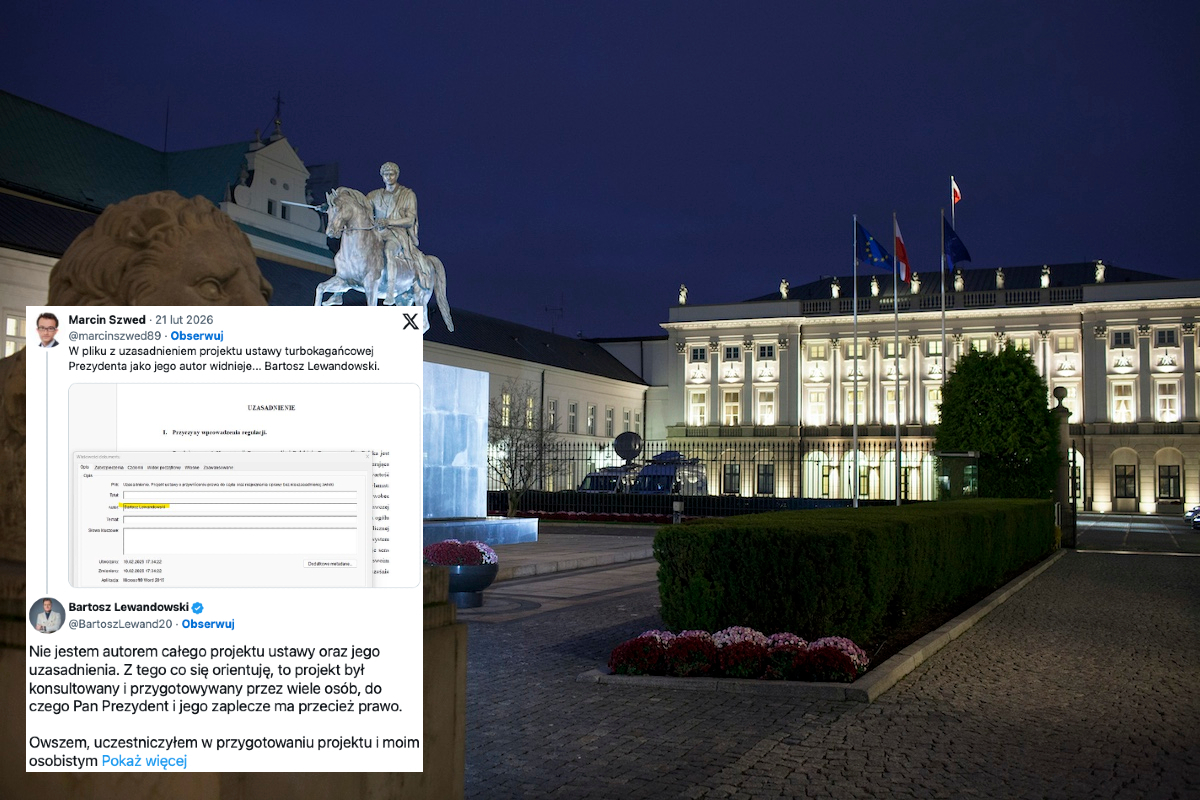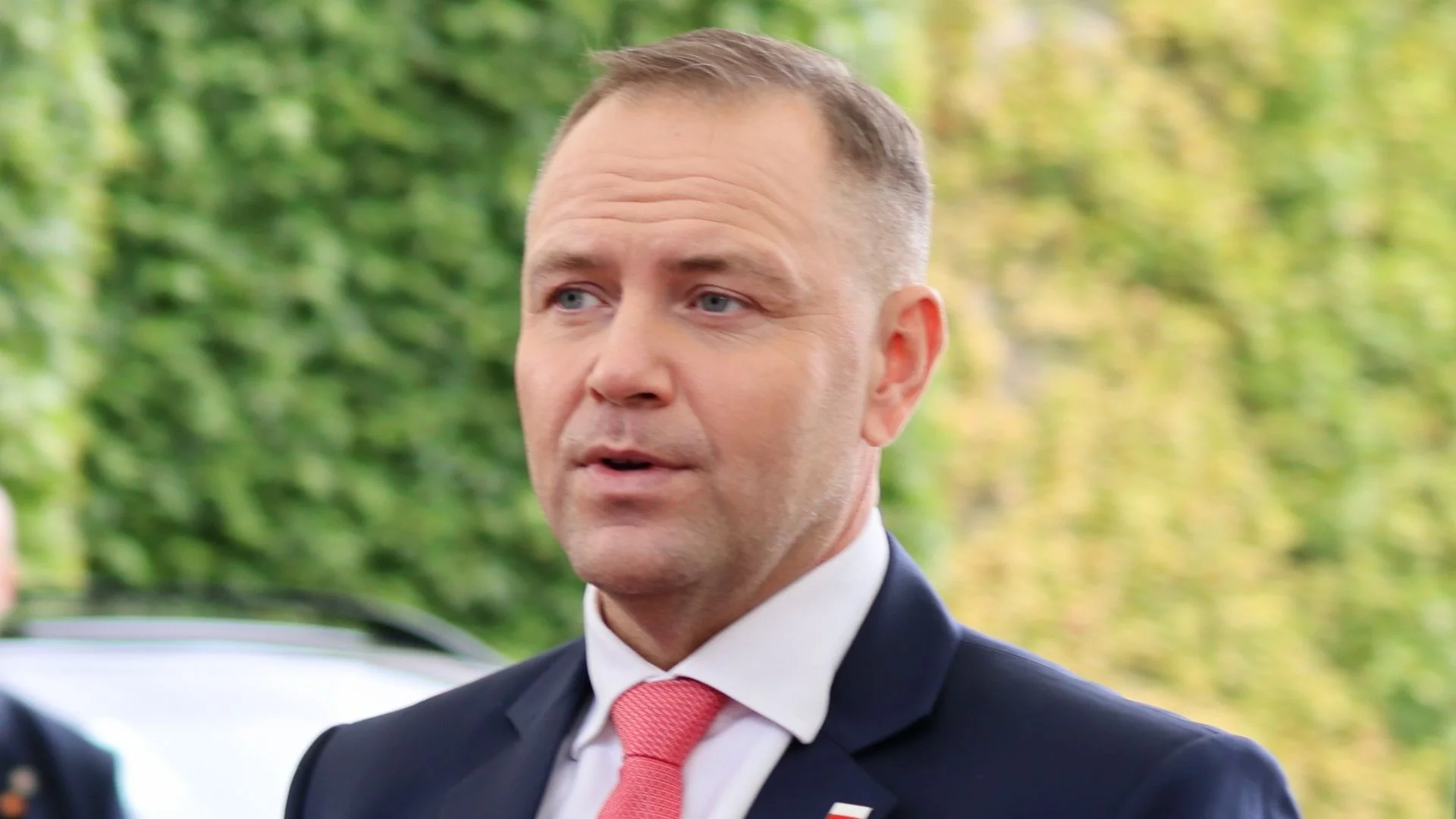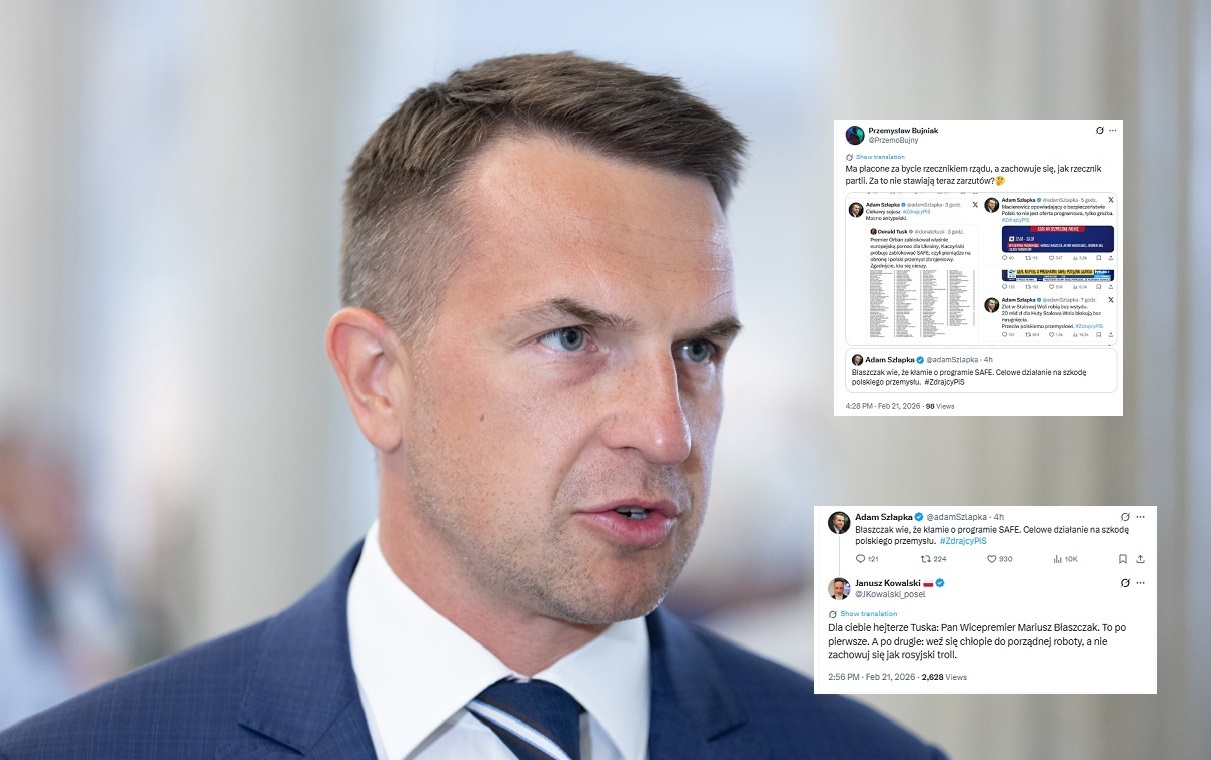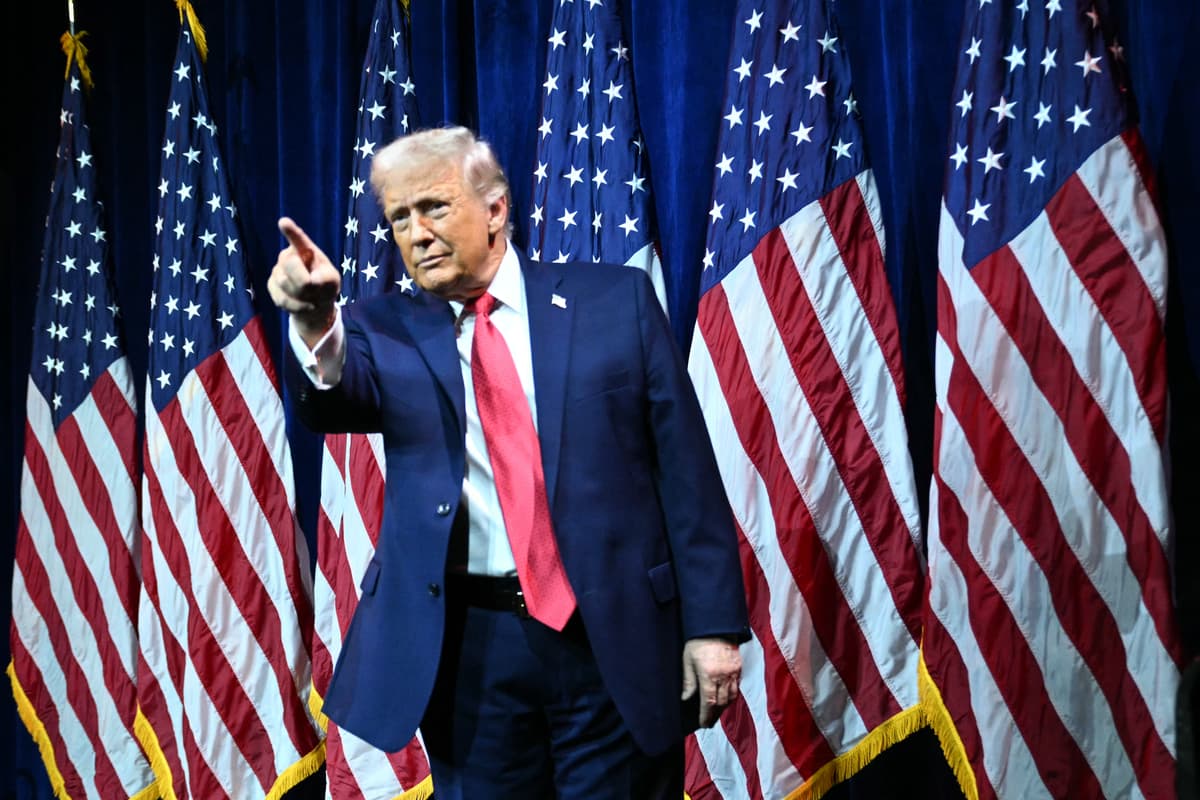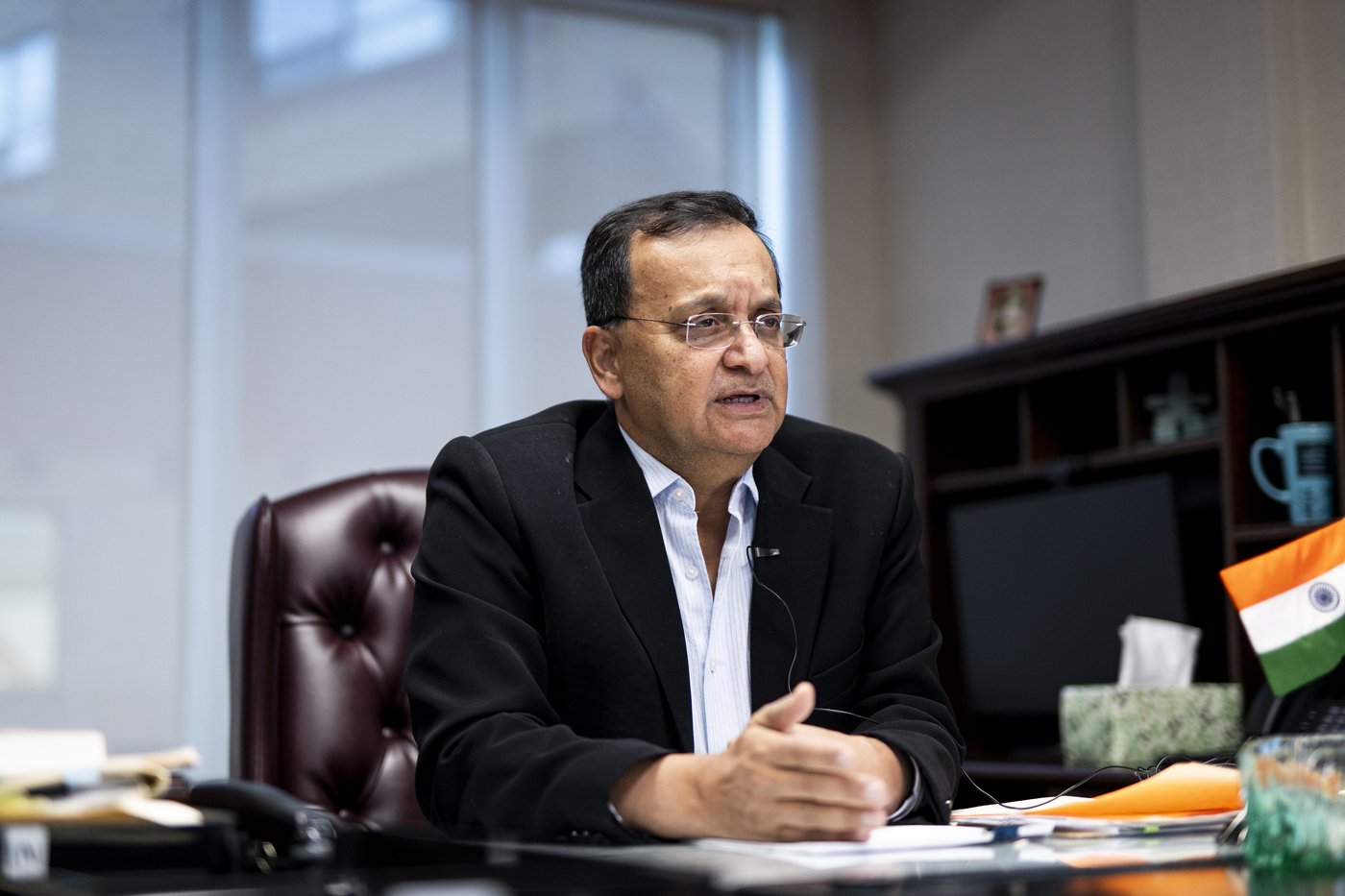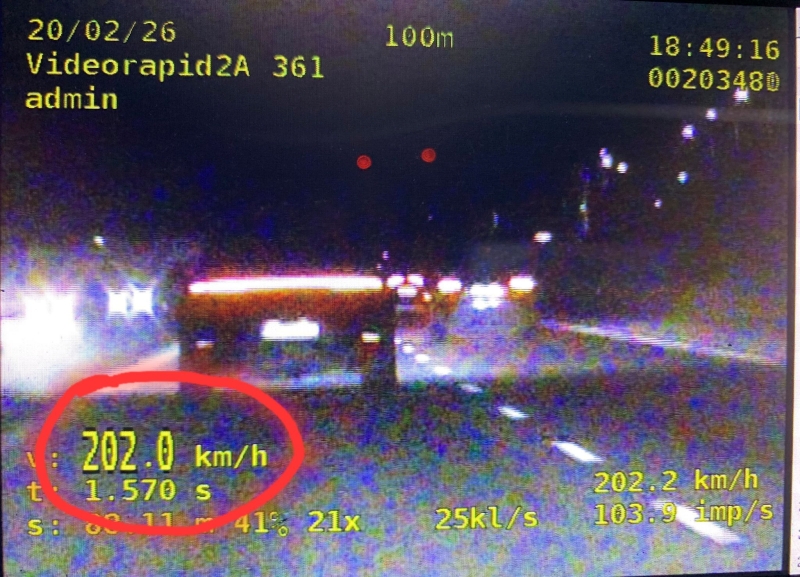Recognition of Palestine in Europe uncertain. This is why Germany hesitates
natemat.pl 6 months ago
- Homepage
- World politics
- Recognition of Palestine in Europe uncertain. This is why Germany hesitates
Related
TRUMP, SĄD NAJWYŻSZY I CŁA UZNANE ZA NIEWAŻNE
12 hours ago
Bogusław Chrabota: Trump cłami pogrzebał Radę Pokoju
12 hours ago
recommended
Nowy impuls w relacjach Ottawa–New Delhi
4 hours ago
Zemsta zazdrosnego mężczyzny
9 hours ago

